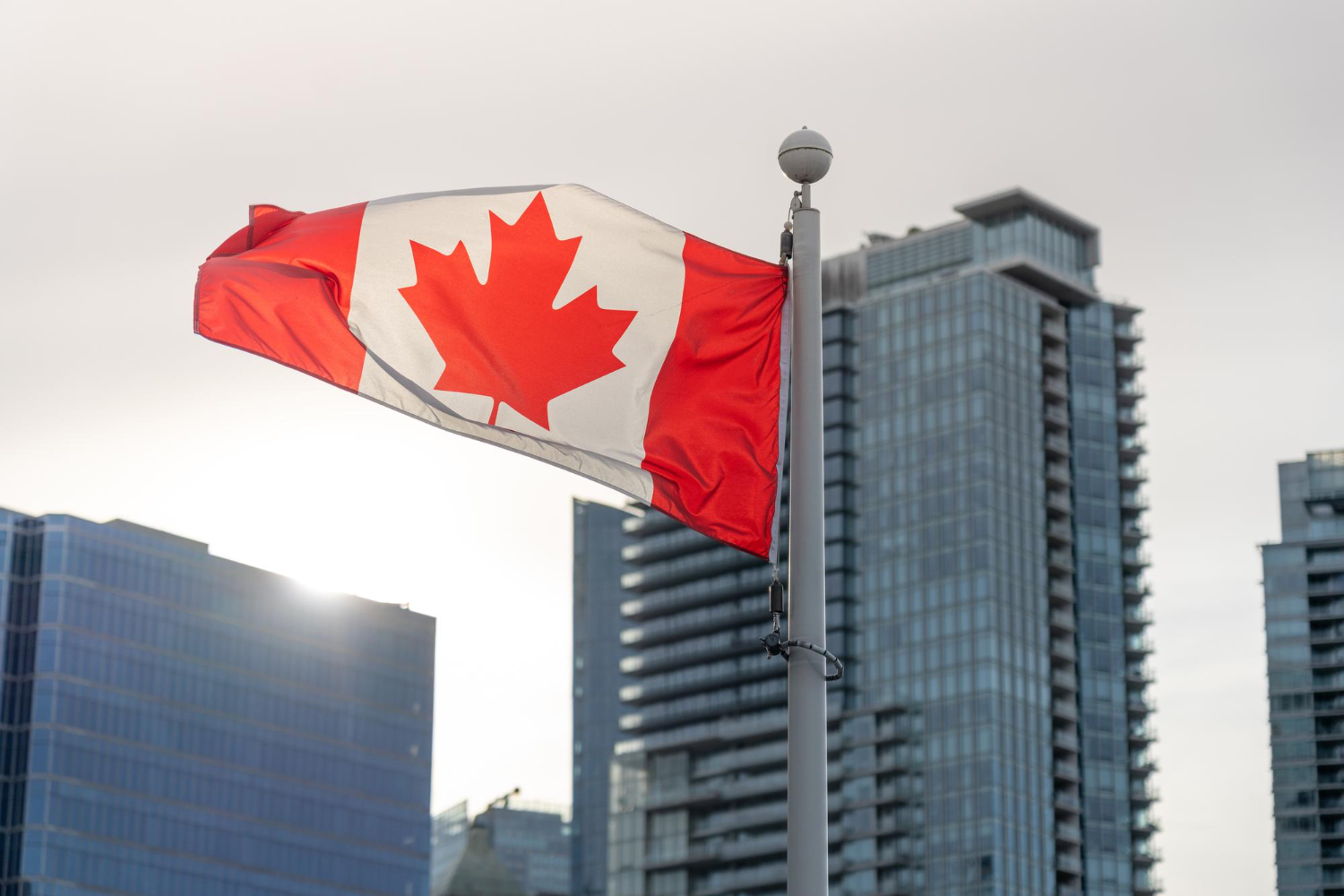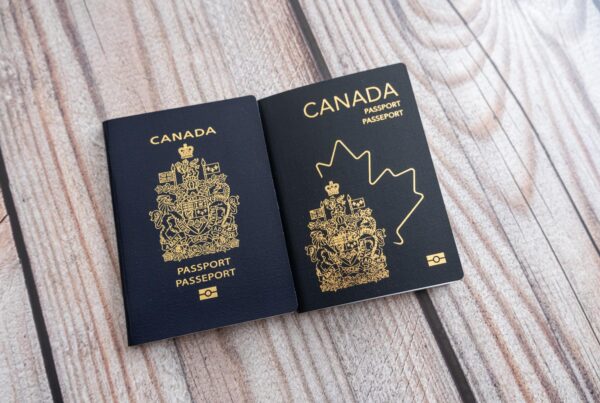People rarely expect to find themselves facing a detention review hearing, yet it can be one of the most important legal moments in someone’s life. These hearings decide whether a person continues to be held or is released, and they often move quickly. Understanding how the process works in Vancouver BC immigration law gives people a clearer picture of what’s at stake and how to protect their rights.
The Legal Standards Applied During Detention Review Hearings
Every detention review starts with the same question: does the government have a strong enough reason to keep someone in custody? The law requires specific standards to be met before detention can continue. This might include concerns about a person’s identity, the risk of them not showing up for future hearings, or perceived dangers to the public. Each case has unique details, but the standards are always applied carefully because the right to liberty is on the line.
The decision-making process also involves balancing fairness with enforcement. Officers and adjudicators must weigh the individual’s circumstances against legal obligations. These standards are not abstract rules—they directly shape whether a person walks out of detention or remains in custody. For this reason, many people seek the advice of a Canadian immigration lawyer to understand how the standards apply in their particular case.
The Role of the Immigration Division in Scheduling and Oversight
The Immigration Division plays a central role in detention reviews. It oversees the scheduling of hearings, ensuring they take place within strict timelines. The first review usually happens within 48 hours of detention, then again after seven days, and at least every 30 days if custody continues. This schedule is designed to prevent unnecessary delays and to provide consistent oversight.
Beyond scheduling, the Division ensures the hearing runs fairly. Adjudicators listen to both sides, ask questions, and make decisions based on the evidence presented. Their role is not to act as a prosecutor or defender but as a neutral decision-maker. Without this oversight, detention could become indefinite, which is why the structure and consistency of the Division are so important.
Rights of the Individual Held in Immigration Detention
Anyone facing detention review hearings has specific rights. They have the right to be represented by a lawyer, the right to an interpreter if they need one, and the right to know the reasons they are being held. These protections help level the playing field for people who may feel powerless in a highly stressful situation.
Individuals also have the right to present their own evidence, call witnesses, and challenge the evidence provided by the government. This means they are not passive participants—they can actively influence the outcome. Understanding these rights can make a huge difference in whether detention continues or ends.
Arguments Raised in Support of Release from Detention
During a detention review, the arguments for release can vary widely. Lawyers often focus on proving that the individual is not a flight risk and does not pose a danger to the public. We may highlight strong community ties, employment history, or family responsibilities as evidence that the person will comply with future requirements.
Other arguments may focus on humanitarian concerns. For example, prolonged detention can have serious health or emotional impacts, which the adjudicator may take into account. In each case, the goal is to demonstrate that continued detention is unnecessary, and that release serves the interests of justice.
The Importance of Presenting a Strong Release Plan
One of the most effective tools during a detention review is a clear release plan. This plan explains how the individual will live responsibly in the community while their immigration matter continues. It might include where they will stay, how they will support themselves, and what safeguards will ensure compliance with the law.
Release plans work best when they are detailed and realistic. Adjudicators look for evidence that the plan can be carried out without problems. A Canadian immigration lawyer can help design these plans so that they address the court’s concerns directly, increasing the chances of a successful release.
Conditions That May Be Attached to a Release Order
Even if release is granted, conditions are often attached. These conditions might include regular check-ins with immigration officials, surrendering travel documents, or staying at a specific address. They are meant to ensure the person remains available for future proceedings and complies with the law.
Sometimes financial guarantees are also required, with a friend or family member pledging money to back the individual’s compliance. This adds another layer of accountability and reassures adjudicators that the release will not compromise the process. These conditions highlight the balance between freedom and responsibility in immigration law.
How Decisions Are Communicated After the Hearing Concludes
At the end of the hearing, the adjudicator usually announces the decision immediately. This direct communication allows the individual to know right away whether they will be released or remain in detention. Written reasons are often provided later, giving a clear explanation of the decision.
These written decisions are important because they document the reasoning behind the outcome. They can also be used in future hearings if detention continues. Having the decision in writing ensures transparency and accountability in the process.
The Process for Requesting Another Review If Detention Continues
If detention continues, another review will automatically be scheduled. This repeated review process ensures that no one is forgotten in the system. Each new hearing gives the individual another opportunity to present arguments for release and to introduce new evidence.
Sometimes circumstances change between hearings. For example, new housing arrangements might become available or additional community support may be offered. These updates can significantly strengthen the case for release. The repeated nature of detention review is both a safeguard and a second chance.
Take Control of Your Future with the Guidance of Joshua Slayen, Canadian Immigration Lawyer
Facing detention review hearings without the right help can feel overwhelming, but experienced guidance changes everything. Joshua Slayen, Canadian Immigration Lawyer, has the knowledge and skill to build strong arguments, present effective release plans, and protect the rights of those in custody. Our team understands the stress families face and works tirelessly to achieve positive results.
No one should face detention alone, especially when so much is at stake. With clear communication and strong advocacy, Joshua Slayen helps individuals move forward with confidence in a complicated legal system. Contact us today to learn how he can assist with your case and protect your future.











